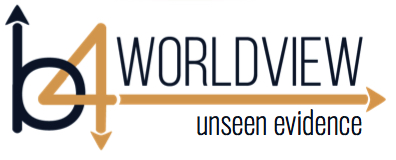
Key Thought for this session:
“Without the context of a bigger stage, BEING TRUE TO SELF is a flattering allegiance to bias and voices of deception.”
What you eventually decide to do is influenced by worldview biases shaped by all three of your identities (which are “Human Identity”, “Personal Identity” and “Social Identity).
These are often competing with each other within you by compelling you in different directions. This creates conflicts between nature and nurture that can make you feel unsettled. The options available to you must be resolved for you to act consistently in ways that best meet your needs.
So, what do you do? One way to look at your behavioral choices is through the different worldviews of community we discussed earlier. How we view life in our community has a powerful influence on the behavior we select in response to situations. Remember Type 1 and Type 2 communities are both based on forms of social exchange, even though they each have different views on the way power works.
The power/greed model, Type 1, would influence us to get what we want regardless of what happens to others. This assumes we have some form of win-lose power and can successfully get our way or we are the targets of win-lose power and we must conform to keep from getting punished. In Type 1 community our action may be the best option when the one with power is self-serving without regard to others and our present happiness is our dominant satisfaction factor. This action meets our immediate physical or emotional needs and generally ignores future consequences of our actions.
Maybe we are not motivated by greed, but rather by justice. Many experts believe that maintaining a balanced exchange with others is one of the most compelling forces in human behavior.
Remember, in Type 2 communities, exchange is balanced because those in power perceive justice as the best form of exercising power. In justice based communities, those who have power treat others mainly through reward systems that influence responses that those in power desire. Both authorities and subjects feel a sense of obligation to each other to keep the exchange in equilibrium. The prime motivator for behavior is to receive the reward and avoid shame and blame.
Before we explore more of the ways justice affects the choices people make, let’s see how you currently view this important influence on you.